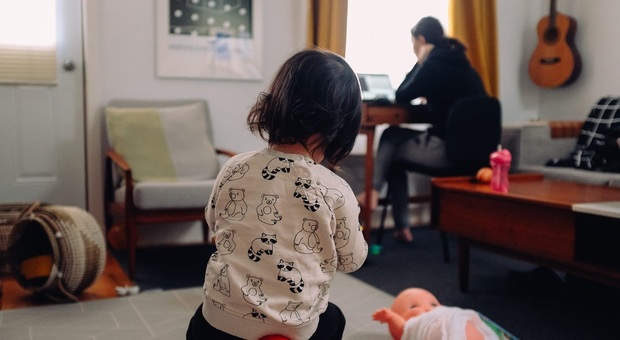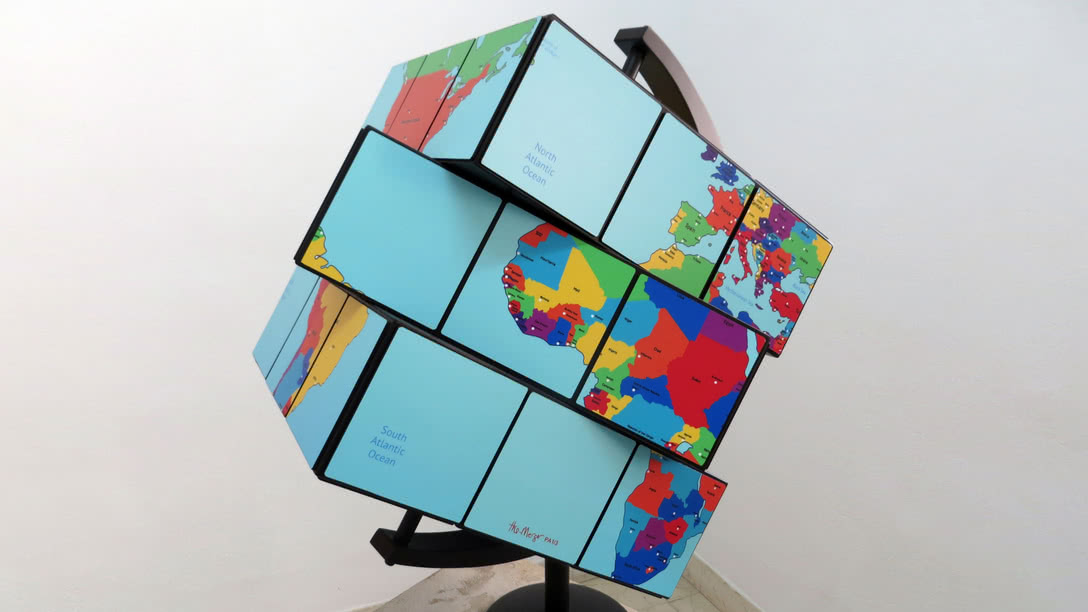After COVID, who will benefit from the “new normal”?
After COVID, who will benefit from the “new normal”?
With the explosion of the pandemic, there has been a lot of talk of the “new normal”. But what would be the consequences of a permanent “dematerialization” of communication?
Since COVID abruptly entered in our lives, “distance” has become the key word for millions of people around the world. For many people who live in overcrowded areas or who have to work in contact with other people, distance is only an ideal. Others have had the privilege of working from home. This privilege too has not felt the same for everyone, as restricted spaces, carework and many other factors have made the experience radically different. For those with an internet connection and a “smartworking” position, words like “Zoom meeting”, “Skype call” and “online streaming” have flooded their every-day lives.
Distance has become for many the new modality of communication. As many work from home, work has flooded private spaces. Paradoxically, distance has created great and unprecedent proximities between the facets of our lives. People now speak with their bosses from their room, they write documents from the living room table, and they eat right before a call. As our children and the neighbors’ dogs innocently disrupt our efforts to stay professional in the spaces that usually see us in our pajama, technology blends the outside world with the “inside” in new ways. New rules of etiquette have discretely developed. For instance: mute your microphone when you don’t speak. Write your questions in the chat instead of voicing them while your interlocutor is speaking. Keep your video on, if you can, so that other people can see your face too. Apologize for background noises. You may drink a tea in that cup that your relatives once gave you as a present; if you do that discretely.
New normal, old inequalities
There has been a lot of talk of the “new normal”. Many companies already foresee a permanent “dematerialization” of communication that could give them a lot of benefits – from cutting on transport fees to cutting on labour guarantees. In this talk, it is rarely discussed whether communication face-to-face or online is actually the same from a psychological and social point of view. However, is it enough to see each other on a screen? What is the effect of seeing everybody – colleagues, friends and enemies – on the same surface and in the same space every day? Will it impact the way we communicate? And what about our mental health? Will it generate the same forms of attachment and sharing between people? These questions are yet to be answered.
Furthermore, this “new normal” would likely create new inequalities, too. COVID has already exposed and exacerbated the inequalities and double standards of the “old normal”. The dematerialization of communication would make it even easier to outsource work, potentially creating a global competition in certain professional sectors and likely leading to more exploitation. And questions remain on who can have a quality Internet connection, an appropriate space to work, care responsibilities in that same space, and so on. In other words, permanently dematerializing communication would not be just about losing possibilities to talk face-to-face. It would restructure the whole global economy in new ways. And most importantly, it might add new barriers to groups that are already marginalized in many ways.
______________________________
Join us or come take a look!
We are a group of people convinced that language skills should be more valued in the job market. For this reason we created Kolimi, a platform that connects multilingual professionals to the people and business needing them, in any field of work.
Join us to find new opportunities! You can also follow us on Facebook, Twitter, YouTube or LinkedIn to discover new things about languages!
______________________________







